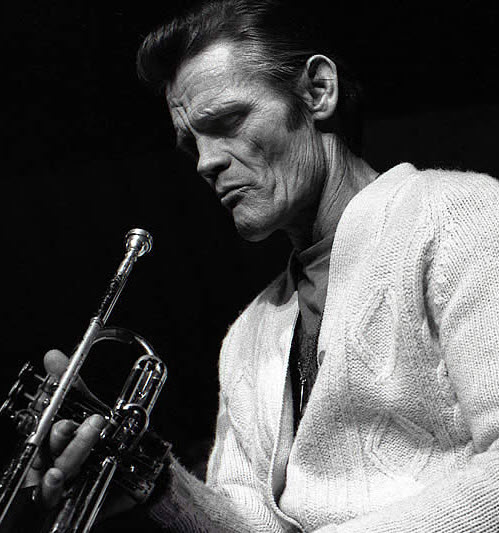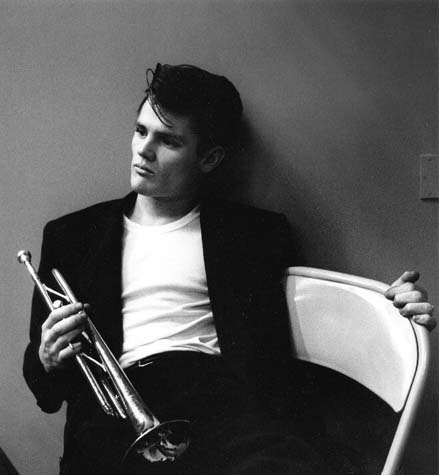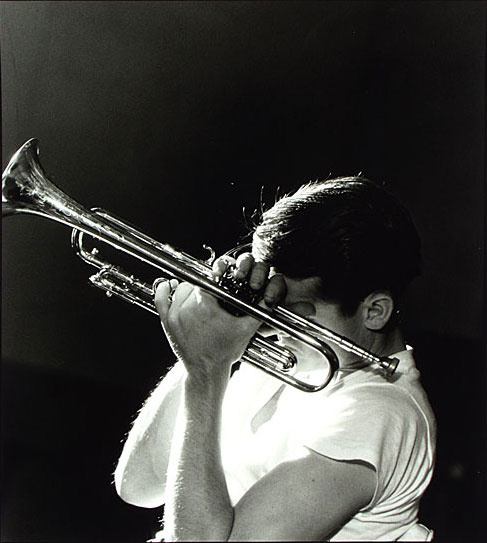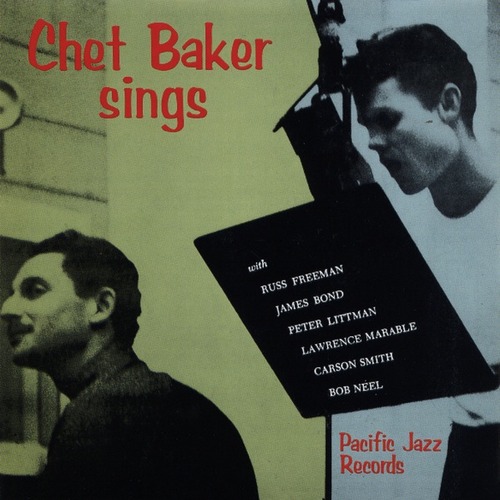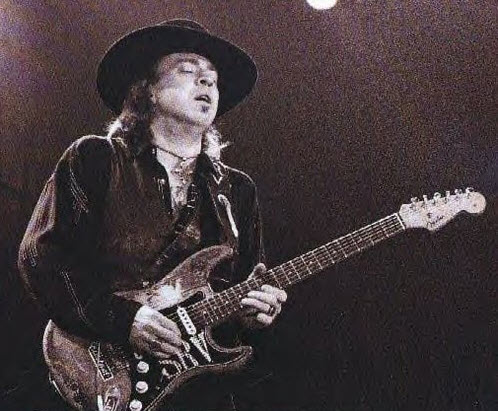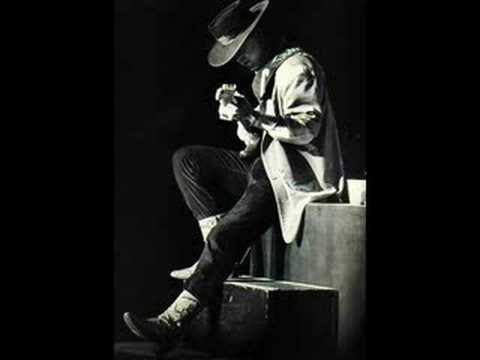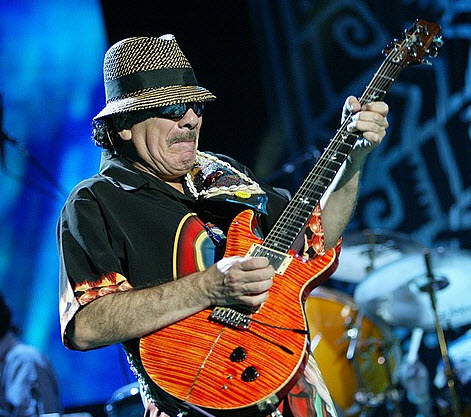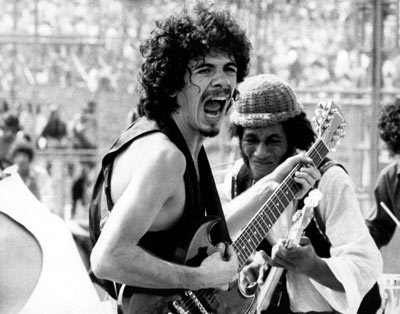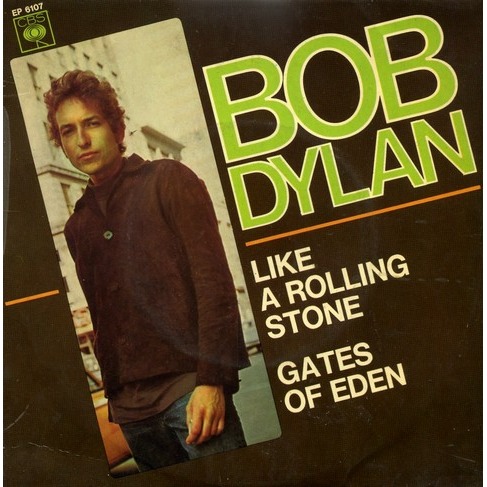
“This is about growing up, this is about discovering what is going on around you, realizing that life isn’t all you’ve been told. So now you’re without a home, you’re on your own, complete unknown, like a rolling stone. That’s a liberating thing. This is a song about liberation.”
— Jann Wenner, Rolling Stone magazine (Greil Marcus – Like A Rolling Stone: Bob Dylan at the Crossroads (book))“The first time I heard Bob Dylan, I was in the car with my mother listening to WMCA, and on came that snare shot that sounded like somebody had kicked open the door to your mind” – Bruce Springsteen (Jan 1988)
“When I heard Like a Rolling Stone, I wanted to quit the music business because I felt: ‘If this wins and it does what it’s supposed to do, I don’t need to do anything else.'”
– Frank Zappa (1965 )
The first time I really listened to “Like A Rolling Stone”, I felt I entered a parallel universe.. a place of intense beauty.. a place filled with this wonderful blues-fueled rock music… and a spellbinding ..organ! I had never heard anything like it.. anything this good..
That was the day I understood that there is bad music, good music, great music & then there is Bob Dylan. He plays in another league. His musical universe is still as beautiful now as it was first time I flew into it.. “Like A Rolling Stone” still sounds as fresh as it did the first time I listened ~25 years ago. (Egil, Johannasvisions)
Like A Rolling Stone:
Everything is changed now from before. Last spring I guess I was going to quit singing. I was very drained and the way things were going it was a very draggy situation – I mean, when you do Everybody Loves You For Your Black Eye and meanwhile the back of your head is caving in. Anyway, I was playing a lot of songs I didn’t want to play. I was singing words I didn’t really want to sing. I don’t mean words like “God” and “mother” and “president” and “suicide” and “meat cleaver”. I mean simple little words like “if” and “hope” and “you”.
But Like A Rolling Stone changed it all; I didn’t care any more after that about writing books or poems or whatever. I mean it was something that I myself could dig.
It’s very tiring having other people tell you how much they dig you if you yourself don’t dig you. It’s also very deadly entertainment-wise. Contrary to what some scary people think, I don’t play with a band now for any kind of propaganda-type or commercial-type reasons. It’s just that my songs are pictures and the band makes the sound of the pictures.
-Bob Dylan (to Nat Hentoff – March 1966)
Like A Rolling Stones (Live at London’s Albert Hall, May, 1966):
“Like A Rolling Stone” was recorded @ the second “Highway 61 Revisited” recording sessions on June 16 – 1965, produced by Tom Wilson.
“The voice is infinitely nuanced — at times almost an authoritarian monotone (not unlike Ginsberg reading “Howl”), at times compassionate, tragic (the voice of Jacques-Louis David in his painting of Marat) — but also angry, vengeful, gleeful, ironic, weary, spectral, haranguing.
And it would sound this way in ancient Greek or contemporary Russian. There is so much desire and so much power in this voice, translated into a sensitivity that enables it to detect tiny vibrations…”
— Michael Pisaro (composer)
“Like a Rolling Stone” is a 1965 song by the American singer-songwriter Bob Dylan. Its confrontational lyrics originate in an extended piece of verse Dylan wrote in June 1965, when he returned exhausted from a grueling tour of England. After the lyrics were heavily edited, “Like a Rolling Stone” was recorded a few weeks later as part of the sessions for the forthcoming album Highway 61 Revisited.
During a difficult two-day pre-production, Dylan struggled to find the essence of the song, which was demoed without success in 3/4 time. A breakthrough was made when it was tried in a rock music format, and rookie session musician Al Kooper improvised the organ riff for which the track is known.
However, Columbia Records was unhappy with both the song’s length at over six minutes and its heavy electric sound, and was hesitant to release it. It was only when a month later a copy was leaked to a new popular music club and heard by influential DJs that the song was put out as a single. Although radio stations were reluctant to play such a long track, “Like a Rolling Stone” reached number two in the US charts and became a worldwide hit. (Wikipedia)
In 2004 Rolling Stone magazine placed the song at number one on its list of “The 500 Greatest Songs of All Time”
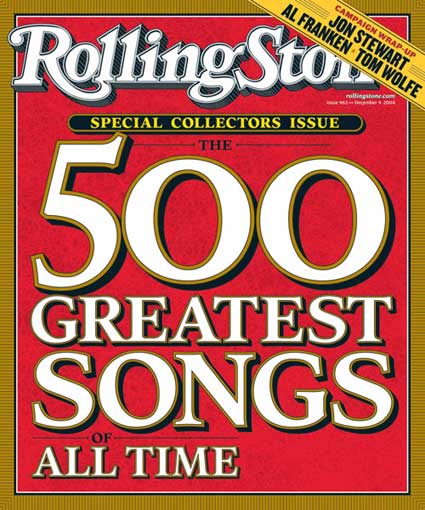
Like A Rolling Stone, Manchester 1966:
Other 20 July:
Continue reading Today: Bob Dylan released Like A Rolling Stone in 1965

